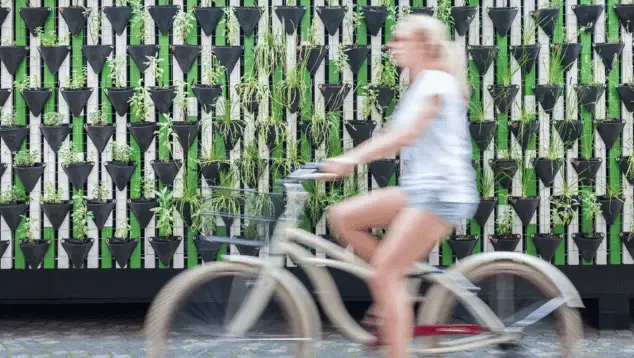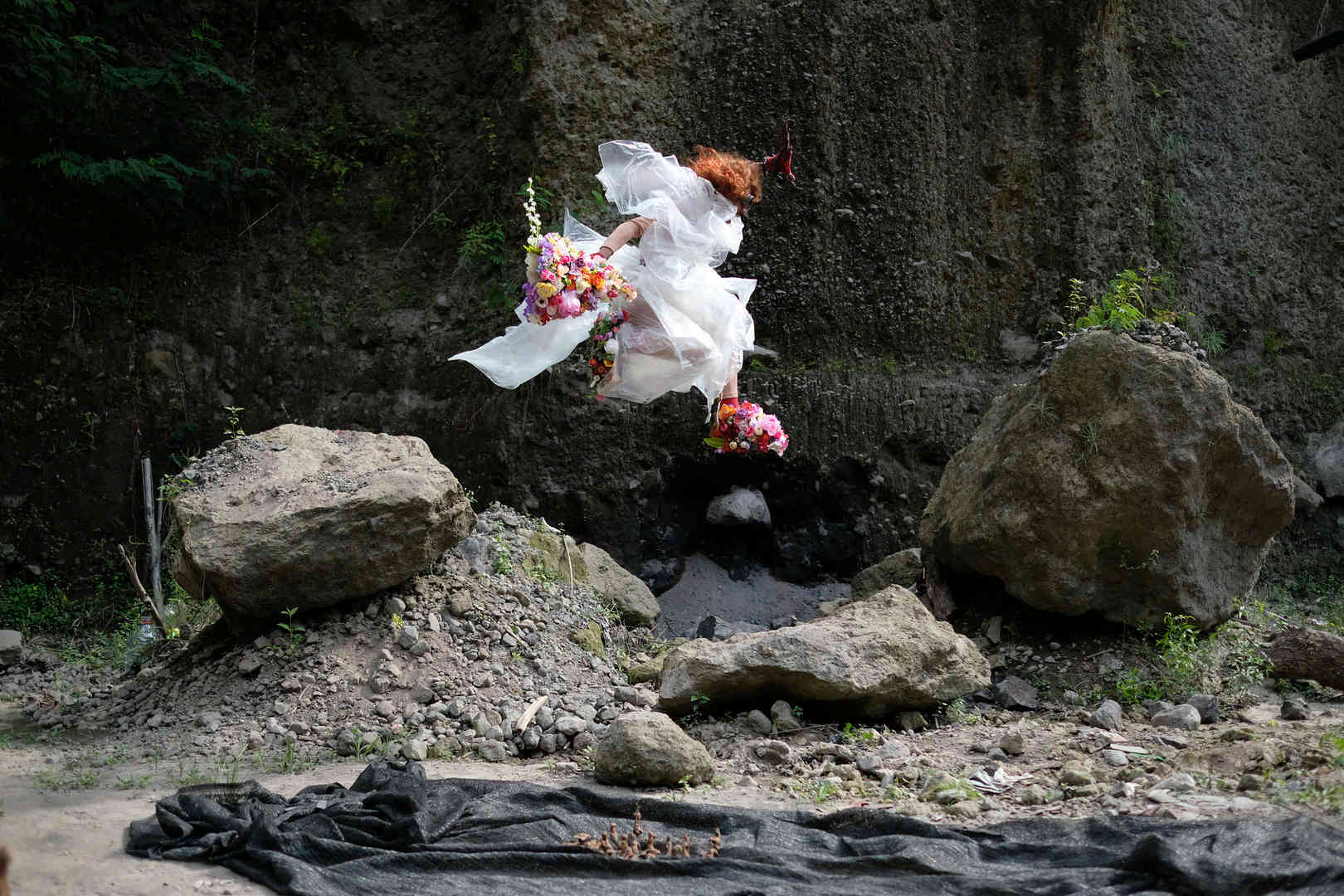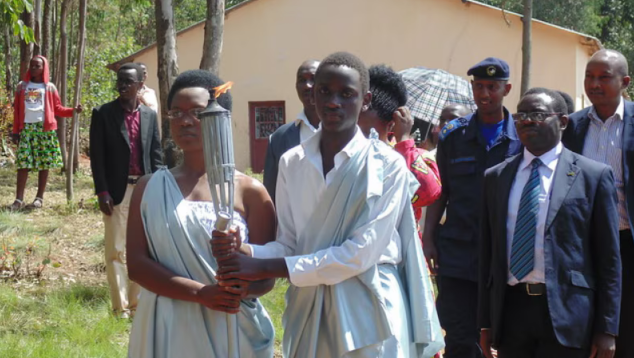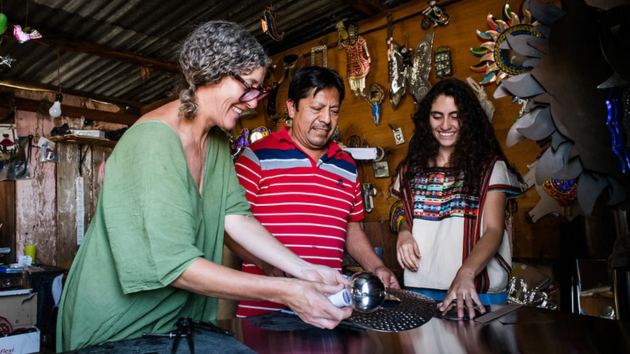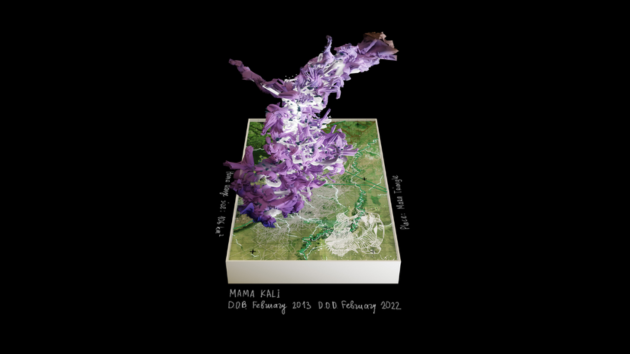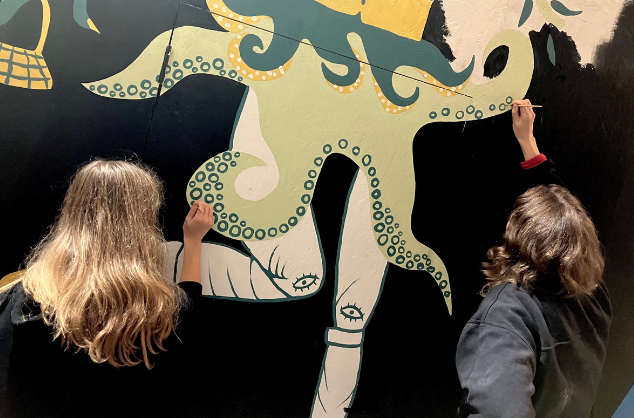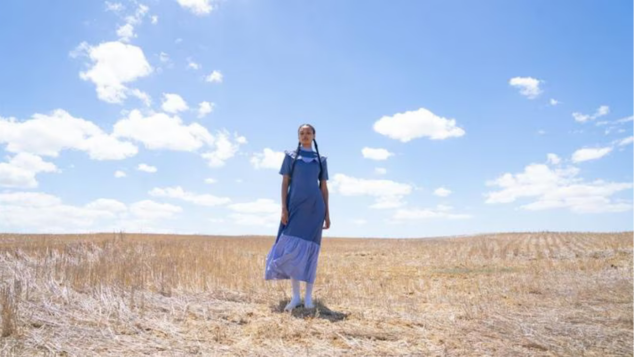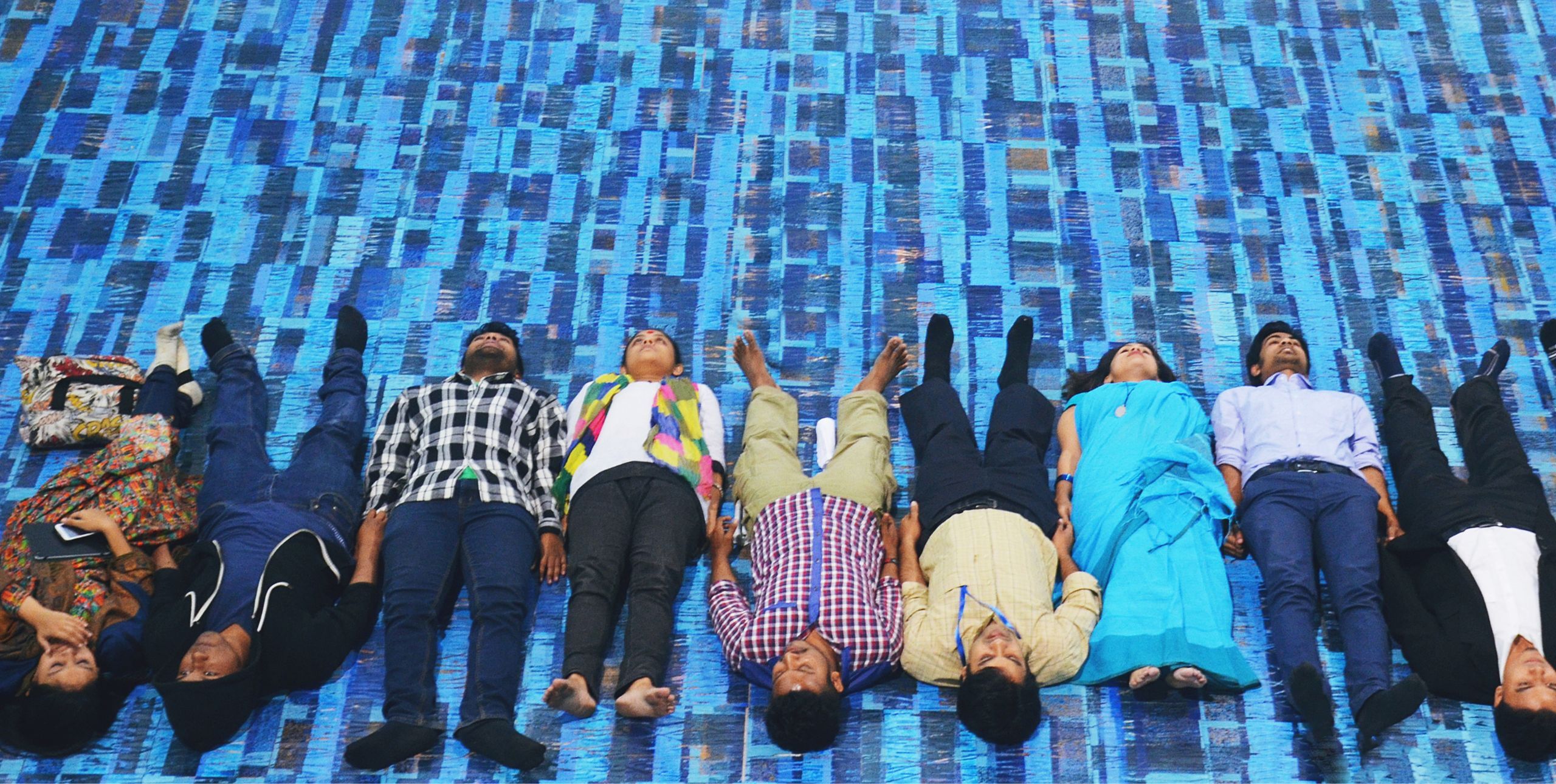MONDIACULT 2025 is the world’s biggest cultural policy conference. Hosted by the Government of Spain in 2025, it brings together thousands of participants to set the global agenda for culture in the years ahead.
Discussions at the event focus on six themes – cultural rights; digital technologies in the culture sector; culture and education; economy of culture; culture and climate action; and culture, heritage and crisis – and two key focus areas – culture for peace; and artificial intelligence and culture. These represent key challenges and opportunities for the future of arts, culture and heritage around the world.
Here at the British Council, we work with artists, cultural and heritage practitioners, and a wide group of partners to strengthen understanding on the vital role of the arts, culture and heritage in enabling and driving sustainable development.
On this page you'll find our collected research reports exploring areas of the six key themes and two focus areas prioritised for MONDIACULT 2025.
Our World Connected podcast
Our podcast series brings together experts to explore the pressing challenges of our time, presenting fresh perspectives on climate action, cultural heritage and more.
Listen to our picks for MONDIACULT 2025.
Is culture the missing key to global progress?
Culture is fundamental to who we are as human beings. Yet it is missing from global efforts to resolve the most pressing human issues of our time.
Discover why recognising the importance of culture can open the door to a more equitable, sustainable and connected world - and hear about priorities for action.
We're joined by Professor Alexandra Xanthaki, the United Nations Special Rapporteur in the field of cultural rights. We also travel to Brazil, where Pedro Affonso Ivo Franco tells us about his work as an International Consultant for Culture, Creativity, and Development - and how, amid the vibrant rhythms of Maracatu, culture creates new opportunities for communities.
Climate change and cultural heritage
Cultural heritage is our link to the past - the shared stories, traditions, and places that shape who we are today. Climate change threatens much of this heritage around the world.
In this episode, we examine the effects of climate change on cultural heritage and ask: what if, instead of being a victim, cultural heritage could become an ally in the fight against climate change?
We talk to Dr Scott Orr, a data scientist at the UCL Institute for Sustainable Heritage and Barbra Babweteera Mutambi, Director of the Cross-Cultural Foundation of Uganda.
Culture as climate action: creativity, community and change
This podcast explores how culture and creativity can build more resilient communities and more sustainable futures.
We're joined by Dr. Sally Flint, a writer, researcher, and creative lead of the We Are the Possible programme at the University of Exeter, and May al-Ibrashy, a conservation architect and founder of Megawra, an Egyptian initiative preserving historic Cairo through community-led heritage projects.
Blogs
Read a collection of recent blogs on the role of arts and culture in tackling global challenges.
Three Hopes For MONDIACULT 2025
Stephen Stenning, British Council's Director of Culture in Action, shares his hopes and expectations for MONIDACULT 2025.
Why culture is an integral part of sustainable development
Cultural initiatives can make a unique contribution to sustainable development by prioritizing people-centered and culturally sensitive approaches that result in effective development in fields ranging from climate policy to peace and security.
British Council's Ian Thomas, and Nikki Locke explore why the relationship between culture and development has never been more important.
Culture as a Space for Addressing Interconnected Global Crises
In a fragmented global policy environment characterized by complex crises, culture possesses the ability to reshape public policy and development frameworks.
Ian Thomas, British Council Arts' Head of Research and Insights, explores how culture can play a crucial role in preventing, responding to, and recovering from crises.
How arts and culture help post-conflict communities recover and re-connect
Rebuilding trust between communities divided by violence is a protracted and complex process. This blog by Ian Thomas, British Council Arts' Head of Research and Insights, explores the role of the arts and culture in constructing pathways to peace post-conflict.
